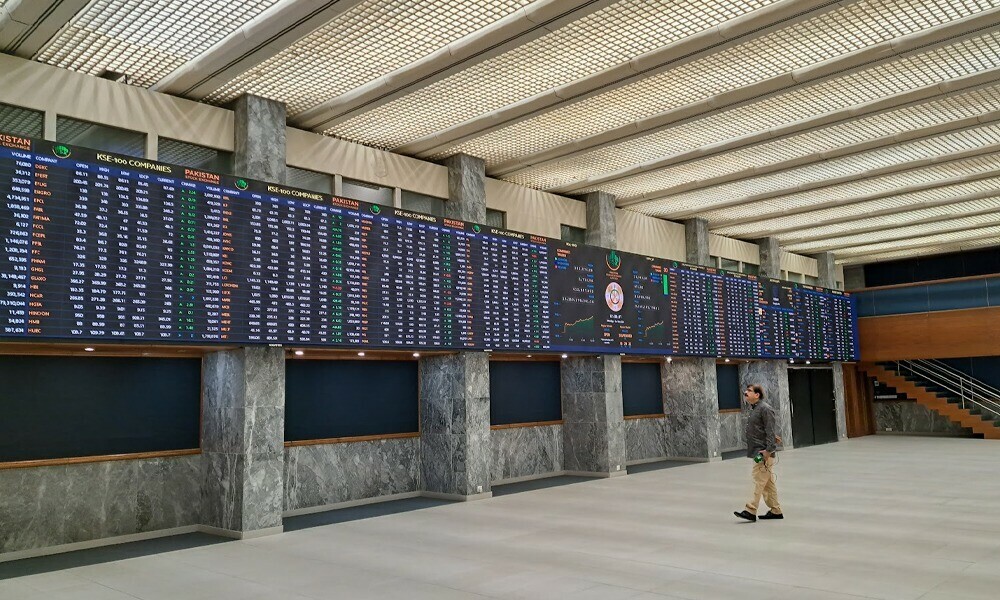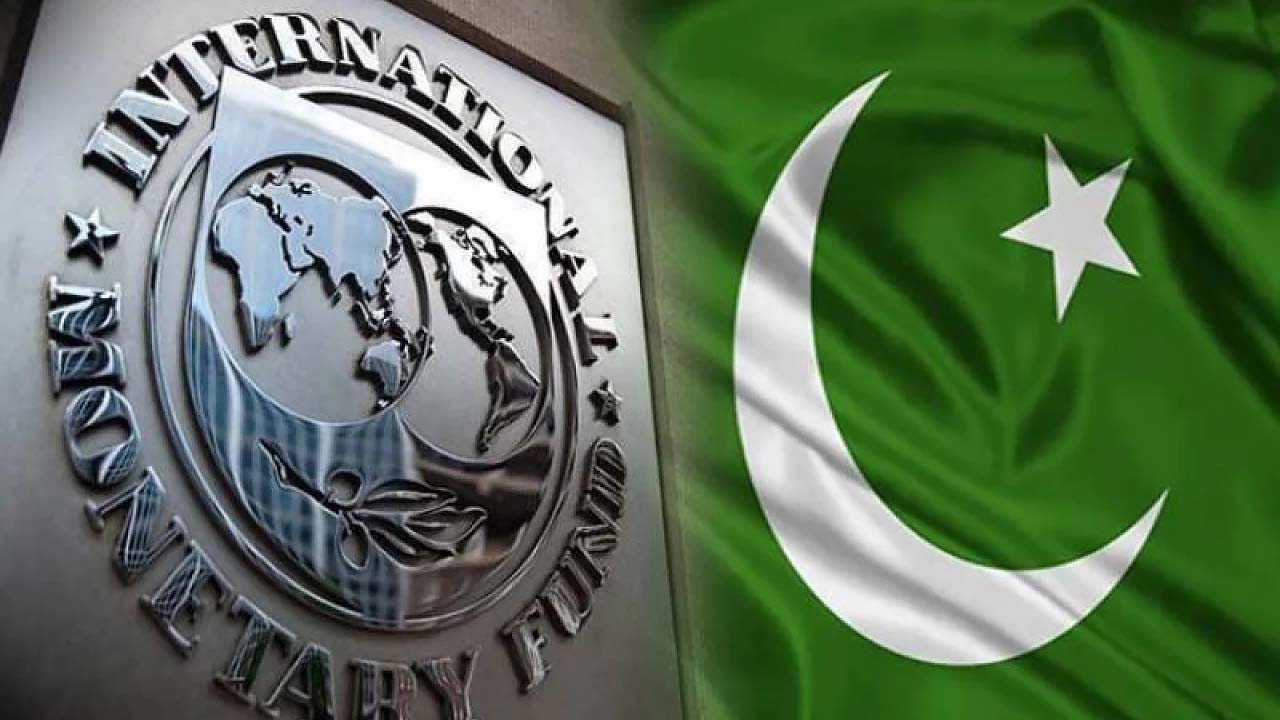PTBP Web Desk
Stock Exchange’s (PSX) benchmark KSE-100 Index experienced a dramatic swing on Wednesday, closing over 1,900 points lower. This decline came after intense profit-taking in the later hours of trading erased nearly 1,700 points gained during intra-day activity.
The session began on a positive note, with the KSE-100 reaching an intra-day high of 117,750.23 in the first half. However, selling pressure intensified in the latter part of the day, driving the index to an intra-day low of 113,847.04. By the end of trading, the index settled at 114,148.46, marking a loss of 1,904.23 points or 1.64%.
The slump in the index was primarily attributed to significant losses in major stocks, including UBL, PPL, SYS, MARI, and OGDC, collectively accounting for a 659-point drop. In contrast, gains from ENGROH, FFC, and SRVI offset the losses slightly, contributing 184 points to the index.
Brokerage firm Topline Securities highlighted in its post-market report that market participants exhibited caution. “Profit-taking followed recent rallies, reflecting a mix of optimism and near-term risk aversion,” the report stated.
During his visit to the Pakistan Stock Exchange on Wednesday, Prime Minister Shehbaz Sharif addressed ongoing economic challenges. He acknowledged that the current tax regime was restrictive and adversely affecting business operations and investments.
However, he emphasized the necessity of adhering to commitments made to the International Monetary Fund (IMF). “We will eventually part ways with the IMF, but now is the time to build this relationship and achieve our targets,” the prime minister said.
This decline follows Tuesday’s bearish trend when the KSE-100 Index fell by 202.44 points, or 0.17%, to close at 116,052.68. The drop was attributed to investor selling on available margins, reflecting broader market uncertainty.
The downturn in the PSX aligns with a broader decline in Asian stock markets on Wednesday. The MSCI Asia-Pacific Index, excluding Japan, fell by 0.2%, while Japan’s Nikkei slid by 0.8%.
On Wall Street, all three major indices closed lower as stronger-than-expected US economic data raised concerns about a potential rebound in inflation. In China, the CSI300 Index fell 0.3%, and Hong Kong’s Hang Seng Index declined 0.55%.
The Japanese yen remained under pressure, trading at 157.98 per dollar after hitting a six-month low. The currency’s struggle reflects growing divergence in monetary policies between the US and other major economies.
Investor focus in 2025 has shifted toward US rate expectations. While the Federal Reserve projected two rate cuts for the year, markets anticipate a slower pace, pricing in a 38-basis-point easing. The first rate cut is expected in July.
In the inter-bank market, the Pakistani rupee recorded a slight depreciation of 0.02% against the US dollar on Wednesday. The currency closed at 278.72, down by Re0.05 compared to the previous session.
Trading volume on the all-share index increased significantly to 1,099.98 million shares from 792.77 million shares on Tuesday. Despite the higher activity, the total value of shares traded declined to Rs32.47 billion from Rs39.69 billion in the prior session.
WorldCall Telecom led the volume chart with 520.20 million shares traded, followed by Cnergyico PK at 41.30 million shares and Fauji Foods Ltd at 34.83 million shares. Out of 464 companies traded on Wednesday, 118 recorded gains, 293 experienced losses, and 53 remained unchanged.
The sharp decline in the KSE-100 Index highlights the volatile nature of the market, influenced by both domestic and global factors. While recent gains reflect investor optimism, persistent profit-taking and external pressures, such as global economic conditions and US monetary policy shifts, underscore the challenges ahead.
Prime Minister Shehbaz Sharif’s comments during his PSX visit signal the government’s intent to address structural issues, including the tax regime and reliance on the IMF. However, achieving sustainable market growth will require balancing fiscal discipline with measures to boost investor confidence.




